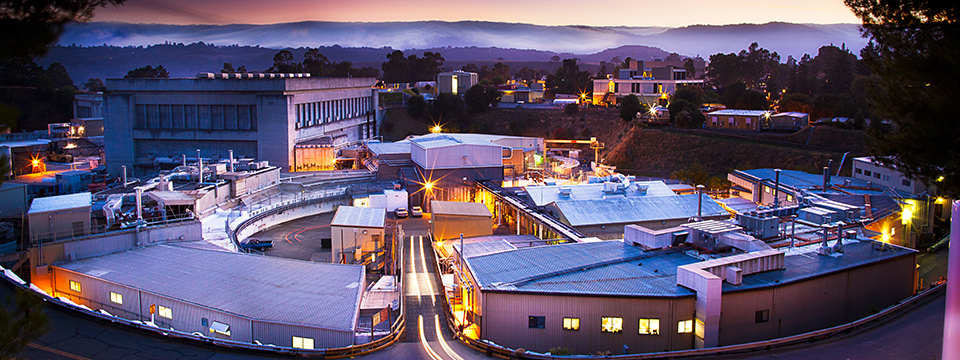About RapiData 2025 at SSRL
About RapiData 2025
Synchrotron radiation is an indispensable tool in macromolecular crystallography and most of the macromolecule structures deposited in the PDB are solved and refined with data collected at synchrotron sources. Some of the skills needed to make optimal use of state-of-the-art beamlines and data processing and analysis software are difficult to learn without intensive hand-on training.
The main goal of the course RapiData Collection and Structure Solving is to provide such an educational experience. The course has taken place since 2015 at SSRL, following the closure of NSLS at Brookhaven National Laboratory, where is was held for 16 years. RapiData 2025 will use a similar format to previous editions, with equal emphasis on the ideas and concepts behind conventional methods for diffraction-data collection, and practical experience collecting and processing data.
All students are encouraged to bring their own specimens for data collection, and to bring old data for the data-reduction and structure-solving tutorials. Students are split into several groups for the hands-on training sessions. Participants without crystals will be able to practice on samples provided by the organizers and data collected on the beamlines.
Since we started hosting the RapiData course at SSRL, we have striven to maintain gender balance not only amongst the participants but also amongst the invited speakers. In the last few years of the course, women have represented almost 40% of the speakers and tutors at RapiData. In the five years that RapiData was run as a live course (2015-2019), 108 women and 100 men have taken the course. From 2020-2024 the course was run virtually and once again we achieved gender parity, with women having represented between 45-55% of the selected participants. We will continue to proactively strive for parity in the gender balance as we move forward with this course.
Confirmed speakers and tutors
- Bob Sweet - Brookhaven National Laboratory, USA
- Clyde Smith - SLAC National Accelerator Laboratory, USA
- Paul Emsley - MRC Laboratory of Molecular Biology, UK
- Jim Pflugrath - Rigaku (ret), USA
- Ana Gonzalez - Max IV Laboratory, Sweeden
- Elspeth Garman - University of Oxford, UK
- Raji Edayathumangalam - Brigham and Women's Hospital, USA
- Dorothee Liebschner - Lawrence Berkeley National Laboratory, USA
- Harry Powell - Harry Powell Crystallographic, UK
- Andrea Thorn - University of Wuerzburg, Germany
- Silvia Russi - SLAC National Accelerator Laboratory, USA
- James Holton - Lawrence Berkeley National Laboratory, USA
- Thomas Weiss - SLAC National Accelerator Laboratory, USA
- Aina Cohen - SLAC National Accelerator Laboratory, USA
- Nick Sauter - Lawrence Berkeley National Laboratory, USA
- Aaron Brewster - Lawrence Berkeley National Laboratory, USA
- Clemens Vonrhein - Global Phasing Ltd.
- Claus Flensburg - Global Phasing Ltd.
- Andrey Lebedev - Science and Technology Facilities Council, UK
- Dominika Borek - University of Texas Southwestern Medical Center, USA
- Li-Wei Hung - Lawrence Berkeley National Laboratory, USA
- Billy Poon - Lawrence Berkeley National Laboratory, USA
- Oleg Sobolev - Lawrence Berkeley National Laboratory, USA
Application and registration
Application to RapiData 2025 is open to all scientists who wish to learn about the theoretical and practical aspects of macromolecular crystallography experiments at synchrotron sources. Because the course is typically oversubscribed, the organizers will select the participants from the applications based on the need and potential benefits to the applicants.
The application period will run from November 2024 to January 2025. Late applications might be accepted, but priority will be given to those received by the deadline. We will start inviting sucessful applicants to register and pay for the course shortly about the application deadline.
Event Information
Course dates: May 5 - May 10, 2025
Applications opens: November 2024
Application deadline: January 31
2025
Applications received after the deadline will be
placed in a stand-by list.
Event Coordinators
Silvia Russi
Bus: (650) 926-5594
Email: srussi@slac.stanford.edu
Clyde Smith
Bus: (650)
926-8544
Email: csmith@slac.stanford.edu



